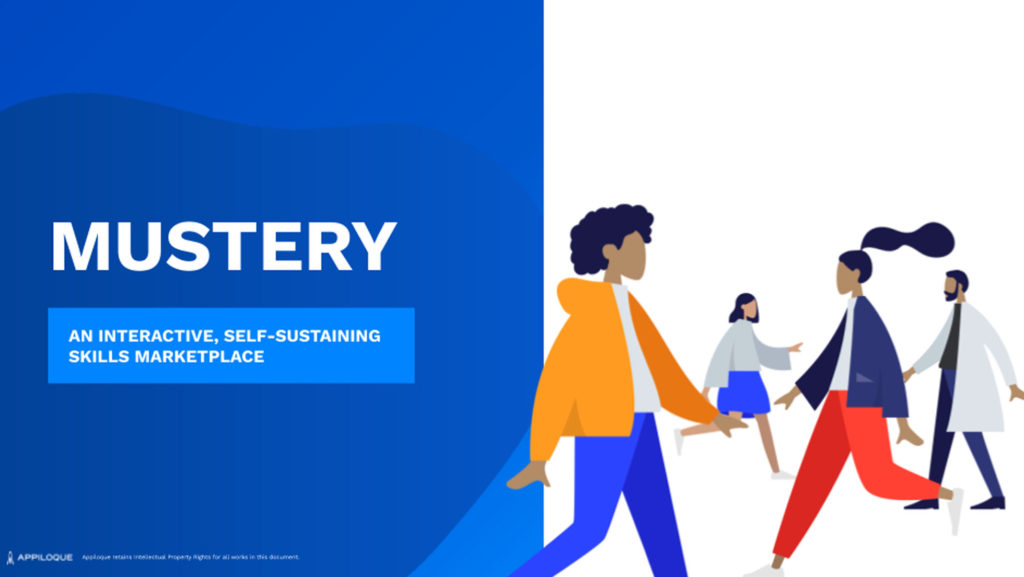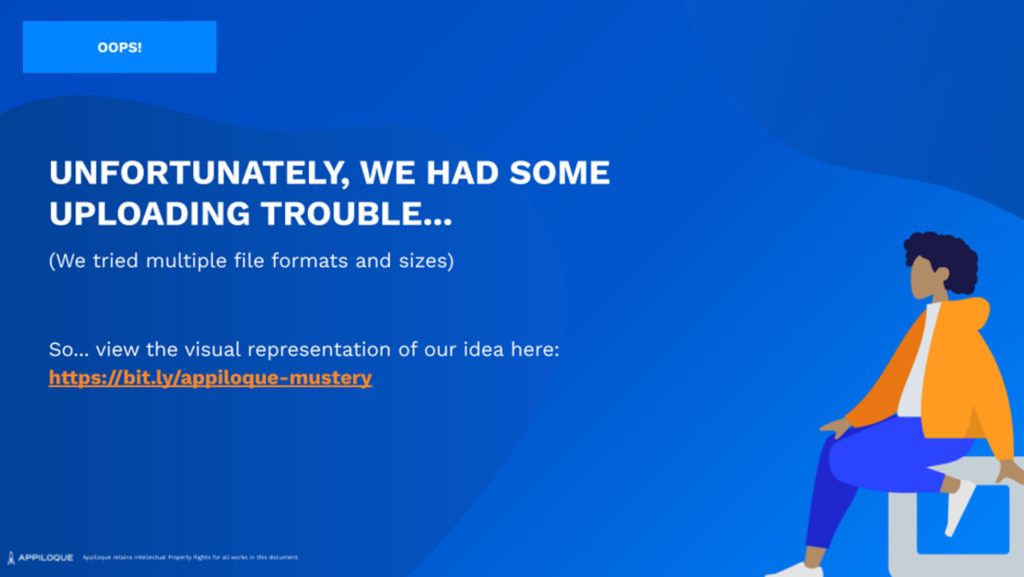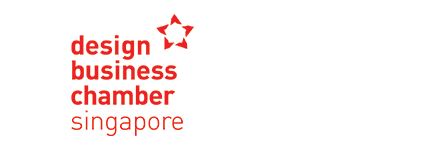
Design Challenge
#3: How might we learn from COVID-19 to reimagine our future for life, work, learning and play?
Project Description
Our idea aims to solve not one, but all three design challenges. Our definition of good design involves the creation of a sustainable ecosystem that benefits all levels, namely the:
(i) end consumer;
(ii) self-employed;
(iii) businesses and organizations;
(iv) Singapore as a whole
Mustery is a self-sustaining marketplace for enthusiasts (or “Musters”) to share their skills by hosting live-streaming sessions. Viewers pay for the sessions via the marketplace, and may interact with their hosts through QnA during the session – a proven method for skill retention.
Mustery aims to connect the local community as we shift towards remote lifestyles. Together, we can help rebuild and even grow our economy in the years to come (even if we have to stay home).
Criteria #1: Value
Our product solves the needs for 4 key audiences.
(i) End consumers:
– Learn new skills to remain relevant
– Learn ad-hoc skills that help minimize cross-contamination during a pandemic (e.g. fixing a clogged sink typically requires a plumber)
– Alleviate boredom and cabin fever
(ii) Self-employed: Earn an online revenue (by offering training), thus sustaining a source of income.
(iii) Businesses:
– Employee skill upgrading
– An additional revenue source (by offering training)
– Team bonding activities for the remote work culture
(iv) Singapore (Country):
– Sustain consumer spending for GDP growth
– Capability development of human capital
– Set the stage for Singapore as a global marketplace for transfer of skills across borders
Criteria #2: Inspiration
Our inspiration was a result of 2 triggers:
(i) Singapore is a small country, with human capital as a key resource. As citizens, we can help our economy during troubled times, by sharing our knowledge with others and improving our own skills;
(ii) The sudden shift towards remote working and learning was a challenge for many consumers, employees, and businesses. However, with the advancement of interconnectivity and telecommuting applications, our quality of life can certainly be improved.
So, how can we better share our knowledge and build our human capital, while improving the quality of life in a digital future?
Criteria #3: Impact
Our platform creates impact in several areas.
For consumers, a way to:
(i) Upgrade their skills;
(ii) Increase employability;
(iii) Ease into and adapt to a new cultural norm / digital age;
(iv) Have social interaction and minimize cabin fever;
(v) Facilitate guided eLearning for children (for parents)
For businesses and the self-employed, a way to:
(i) Further digitalize their offerings by tapping into the training market;
(ii) Create an online revenue stream
For Singapore, a way to:
(i) Build human capital through skills upgrading;
(ii) Keep the economy going with consumer spending
Our solution will impact more than 1 million households, with a total market size of S$1.6 billion locally (source: Household Expenditure Survey 2017/18, singstat.gov.sg).
Criteria #4: Timeliness
Our team is skilled in UI/UX Design, Application Development, Security, Marketing Strategy & Implementation.
For the purpose of this project proposal, the scope will focus on developing and launching the product. Hence:
(i) Month 1 – Target Audience Research and Rapid Prototyping;
(ii) Month 1-3: Design and Development of MVP, User Testing;
(iii) Month 2-3: External fundraising (for go-to-market phase);
(iv) Month 3-4: Refinement of Version 1;
(v) Month 4-5: Launch of Version 1
It is intentional that the timeline for these phases overlap.
Criteria #5: Systems Thinking
COVID-19 has sped up the adoption of remote work and learning, and increased the importance of skills upgrading in the face of a recession.
This transformation is supported by technological advances and government initiatives e.g. telecommuting, digitalization of commerce, SkillsFuture incentives, and 5G technology advancements.
A remote learning marketplace with live social interaction fits nicely within this landscape as we intend to build on current efforts via partnerships with:
(i) SkillsFuture
(ii) Lifelong Learning Institute
(iii) Employment and Employability Institute (e2i)
(iv) NTUC Learning Hub

